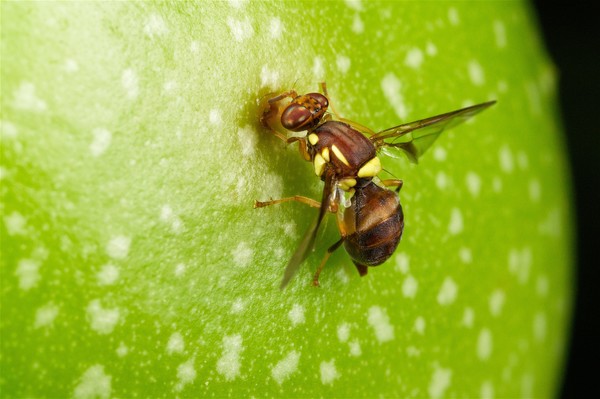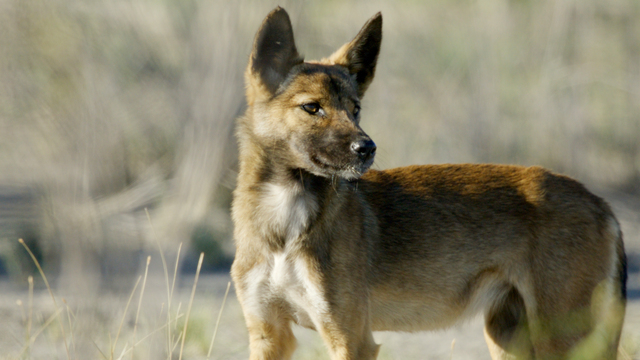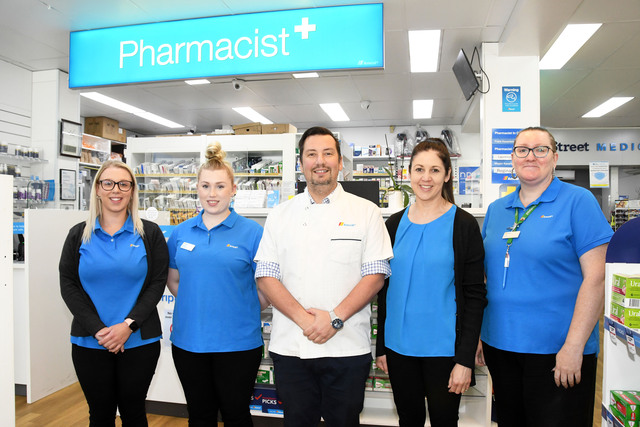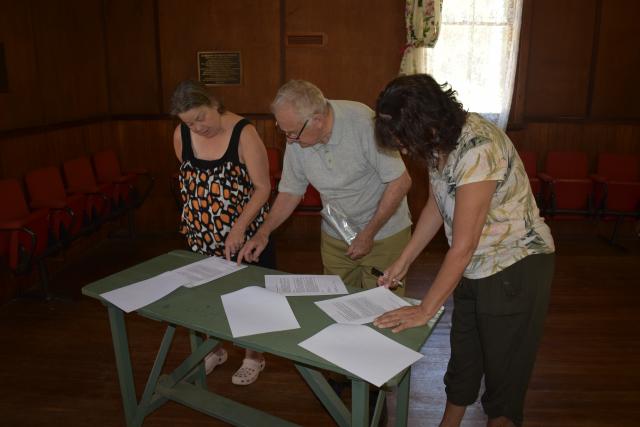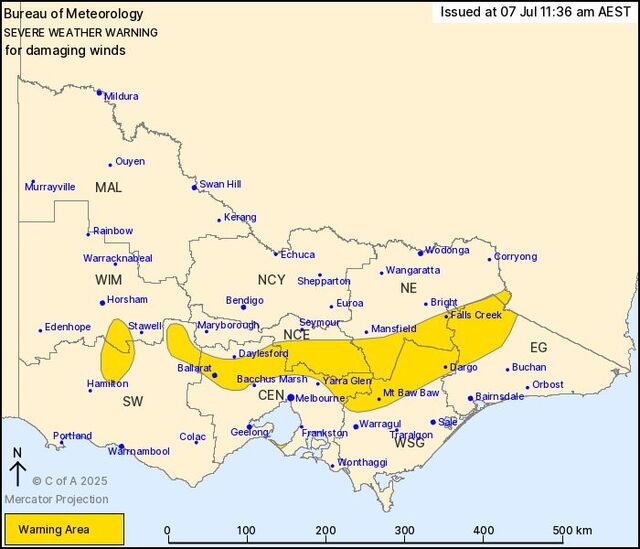Agriculture Victoria scientists are set to trial a new trapping strategy in Victorian vineyards in a bid to control a major horticulture pest.
The two-year research project, funded by Agriculture Victoria and Hort Innovation, will test the effectiveness of an attract-and-kill trapping strategy for managing Queensland fruit fly in table grape vineyards.
The project builds on current research that has developed a new trap targeting mating females Queensland fruit fly, and is showing considerable promise in stone fruit, pome fruit and citrus orchards.
Queensland fruit fly populations have escalated in recent years in Sunraysia – Victoria’s major table grape-growing region – presenting a major and growing challenge to the industry in terms of productivity and maintaining access to export markets.
The insect causes significant damage to fruit crops by stinging fruit (laying eggs) and infecting them with larvae.
The trap, developed by Agriculture Victoria scientists, looks and smells like ripe fruit, tricking the female flies into landing on a sticky surface.
Agriculture Victoria research project lead, Dr Paul Cunningham, said the project aims to help growers develop a strategy to effectively manage Queensland fruit fly in table grapes.
“We see this trap as a valuable tool in an integrated pest management strategy to help reduce Queensland fruit fly populations across all Victoria’s fruit industries,” Dr Cunningham said.
“This will help protect Victoria’s table grape industry by maintaining production and access to domestic and international markets.”
The project will improve grower and industry knowledge of Queensland fruit fly management in table grapes through the delivery of best practice guidelines, workshops and on-farm trials. “This trial will fill a crucial knowledge gap in the control of Queensland fruit fly in table grapes,” he said.
“If successful, adoption and integration of a mass trapping strategy using this trap could be seen within three to five years.”
Australian Table Grape Association CEO Jeff Scott welcomed the trial.
“Any new technology in mitigating fruit fly would be welcomed by all horticulture industries, but particularly in Sunraysia where numbers are so high,” Mr Scott said.

